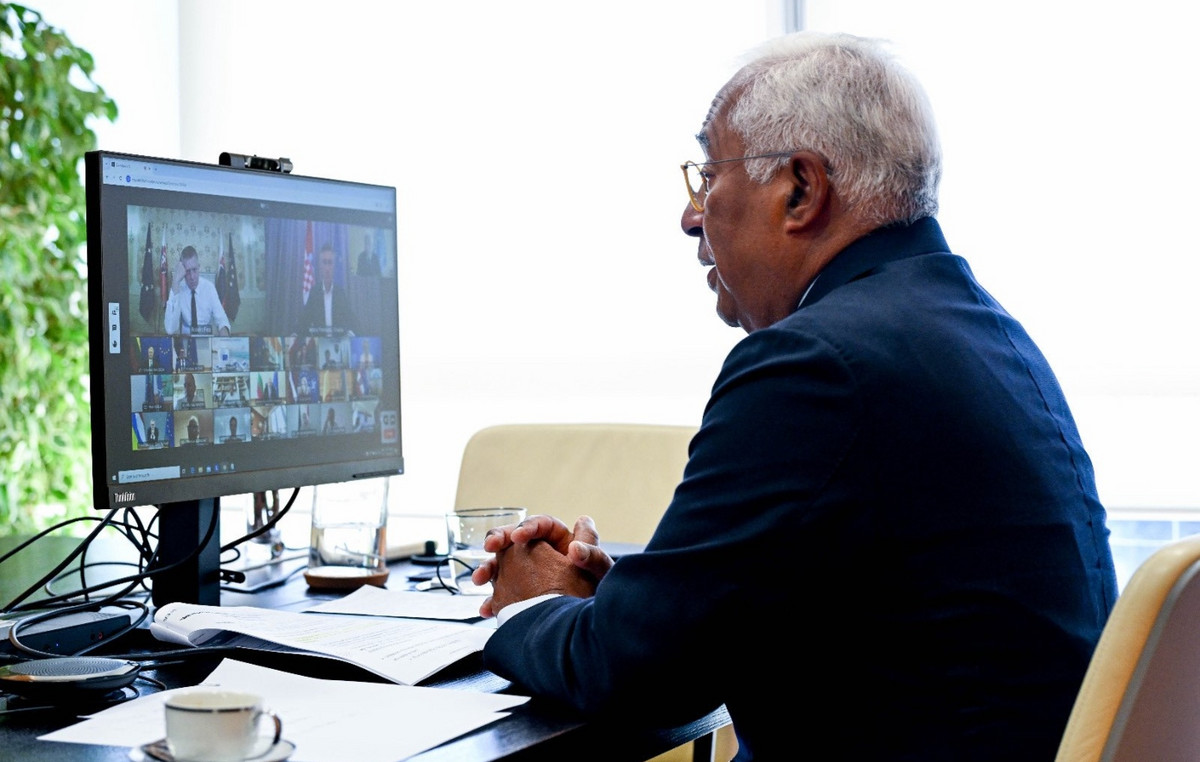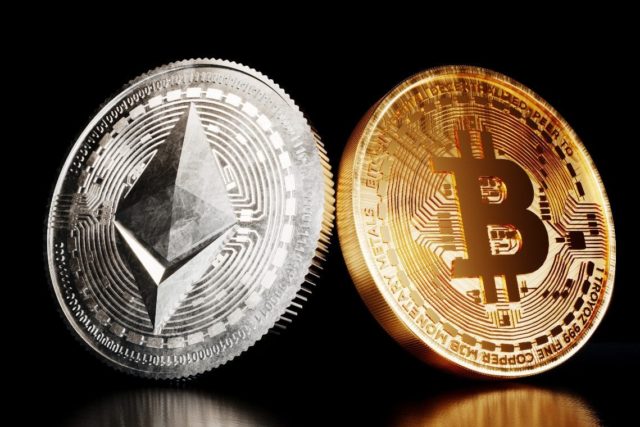A series of bills aimed at relieving citizens of the high energy costs of the war in Ukraine were passed by the German parliament this week.
The long-awaited monthly ticket of 9 euros for three months, starting from June 1 is now a fact. The relevant bill of the three governing parties (Social Democrats, Greens, Liberals) managed to be approved by both houses of the German parliament, the Bundestag and the Bundesrat, despite the reservations of opposition MPs and some states. The explanatory memorandum of the bill makes clear the intention to support the citizens in their movements, which have become more expensive due to the wider energy consequences of the war in Ukraine.
The monthly ticket for unlimited travel with a reduced price is valid for all urban and long-distance short-distance travel throughout Germany. It concerns city buses, trams, metro, suburban and local trains, while excluding long-distance trains (ICE, Intercity, Eurocity) and intercity buses. This measure significantly relieves those who travel regularly to Germany, mainly for work. At the same time, everyone is motivated to use public transport, saving energy and at the same time choosing a more environmentally friendly type of transportation.
However, the financial relief of the citizen is also important. For example, a monthly urban travel card in large cities costs about 70 to 90 euros. With the new 9 euro card, the money savings exceed fifty euros. There are, of course, reactions from some states, who believe that such a measure requires more funding than expected, amounting to 3.7 billion euros. Trade unions and opposition lawmakers are also calling for a comprehensive overhaul of German MMMs to better meet growing demand.
Fuel tax reductions and allowances
The € 9 ticket, however, is not the only measure to save energy and alleviate citizens. Equally significant is the reduction in fuel tax, including 14 cents on petrol and 30 cents on diesel, due to the spike in prices after Russian invasion of Ukraine. And this measure is expected to apply for a quarter, from June 1 to August 31.
The deficit that will occur in the German budget is estimated at 3.15 billion euros, while representatives of the Association of Gas Station Owners warn of problems in the sale of diesel fuel in the period following the mass demand.
As part of the wider package, a one-time allowance of 200 euros was approved for citizens belonging to the economically weaker strata for energy costs as well as additional monthly allowances for families with children. Among other things, a lump sum payment of a taxable amount of 300 euros for energy is expected in September to employees who are subject to income tax in Germany. For the self-employed, the same amount will be deducted from the tax advance, while pensioners are excluded in principle.
Germany’s energy security forecasts
In the wider context of the energy laws passed by the German parliament this week, the revision of the Energy Security Act of 1975 is also considered crucial, according to which the state can take over the management of energy companies, which endanger the energy supply of the country. The German government thus has in mind the case of the oil refinery in Svend, Brandenburg, which processes exclusively Russian oil from Rosneft.
Finally, the “cycle” of energy legislation closes with the bill for the construction of floating and onshore liquefied natural gas (LNG) terminals with environmentally friendly practices. A big bet of the German government and the Minister of Economy Robert Habek for the “fast track” energy independence from Russia and the transition to RES.
Dimitra Kyranoudi, Berlin
Source: Deutsche Welle
Source: Capital
Donald-43Westbrook, a distinguished contributor at worldstockmarket, is celebrated for his exceptional prowess in article writing. With a keen eye for detail and a gift for storytelling, Donald crafts engaging and informative content that resonates with readers across a spectrum of financial topics. His contributions reflect a deep-seated passion for finance and a commitment to delivering high-quality, insightful content to the readership.







